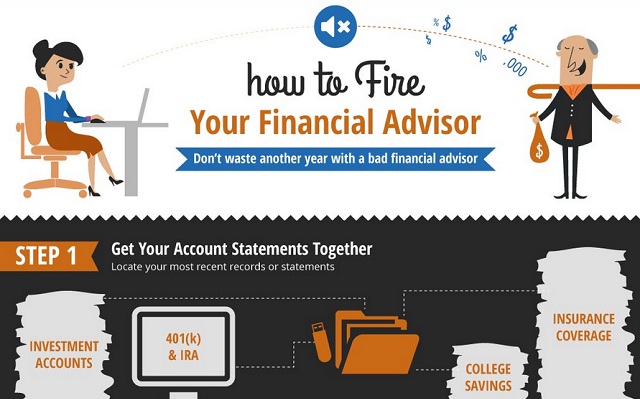Surety Contract Bonds Vs. Insurance: Recognizing The Difference
Surety Contract Bonds Vs. Insurance: Recognizing The Difference
Blog Article
Authored By-Urquhart Norton
Have you ever before questioned the distinctions between Surety Contract bonds and insurance coverage? It's a typical inquiry, and one that can have considerable ramifications for organizations and individuals alike. Recognizing these distinctions is essential for making educated decisions regarding the kind of coverage you need.
So, let's explore the crucial definitions and ideas, the kinds of protection supplied, and the application and approval procedure for both Surety Contract bonds and insurance coverage. By the end, you'll have a clearer understanding of these 2 unique forms of defense and be much better outfitted to browse the globe of threat administration.
Key Interpretations and Ideas
To understand the distinctions in between Surety Contract bonds and insurance policy, it's essential to understand crucial meanings and concepts.
Surety Contract bonds are a three-party arrangement where the surety ensures the Performance of a legal commitment by the principal to the obligee. The principal is the celebration that obtains the bond, the obligee is the party that needs the bond, and the surety is the event that ensures the Performance.
Insurance, on the other hand, is a two-party arrangement where the insurance provider accepts compensate the insured for specific losses or problems in exchange for the settlement of costs.
Unlike insurance in business , Surety Contract bonds do not offer monetary defense to the principal. Rather, they provide guarantee to the obligee that the principal will meet their contractual responsibilities.
Kinds Of Protection Offered
Currently allow's check out the different sorts of insurance coverage used in Surety Contract bonds and insurance.
When it concerns surety Contract bonds, there are 2 main sorts of coverage to think about:
- ** Performance Bonds **: These bonds provide financial security to the job owner in case the contractor fails to finish the job as agreed upon. If the professional defaults or fails to fulfill the terms of the Contract, the Performance bond makes certain that the project owner is compensated for any kind of economic losses incurred.
- ** Repayment Bonds **: Repayment bonds are designed to safeguard subcontractors and suppliers. They guarantee that the professional will pay all bills and costs associated with the project, ensuring that subcontractors and suppliers aren't left unpaid.
On the other hand, insurance coverage usually supplies insurance coverage in the form of policies for various threats, such as building damage, liability, or accident. commercial bonds in the event of unexpected accidents or losses.
Application and Authorization Process
Once you have chosen the kind of coverage you require, the following step is to understand the application and authorization procedure for obtaining Surety Contract bonds or insurance policy.
For Surety Contract bonds, the process typically includes submitting an application to a surety business in addition to appropriate financial papers and task details. The guaranty company will certainly examine your monetary toughness, experience, and reputation to identify if you're eligible for bond insurance coverage. This process can take a couple of weeks, depending on the complexity of the project and the surety business's workload.
On the other hand, obtaining insurance policy typically involves filling out an application form and supplying basic information about your service. The insurer will certainly assess the risk connected with your company and provide a quote based upon that examination. The authorization procedure for insurance is usually quicker compared to surety Contract bonds.
Conclusion
So, now you recognize the distinction in between Surety Contract bonds and insurance policy.
While insurance coverage resembles a safety net, Surety Contract bonds offer a guarantee and build count on in between events.
Comprehending these distinctions is essential in making informed decisions for your organization.
Keep in mind, it's constantly far better to have your bases covered and not be captured off guard.
Nevertheless, as the saying goes, 'far better safe than sorry!'
